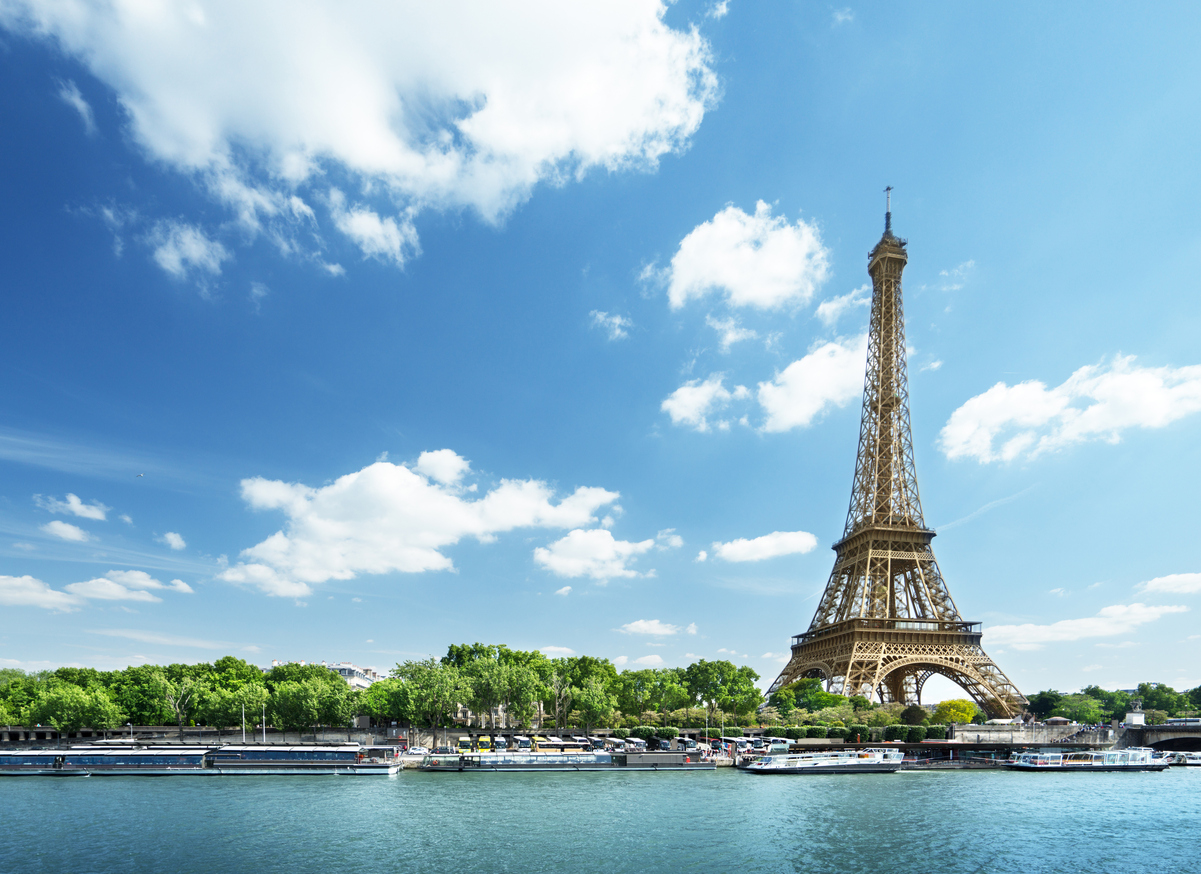Au Revoir, Paris
TRUMP PULLS THE PLUG … U.S. president Donald Trump fulfilled a 2016 campaign pledge and aYou must Subscribe or log in to read the rest of this content.
TRUMP PULLS THE PLUG …
U.S. president Donald Trump fulfilled a 2016 campaign pledge and a
